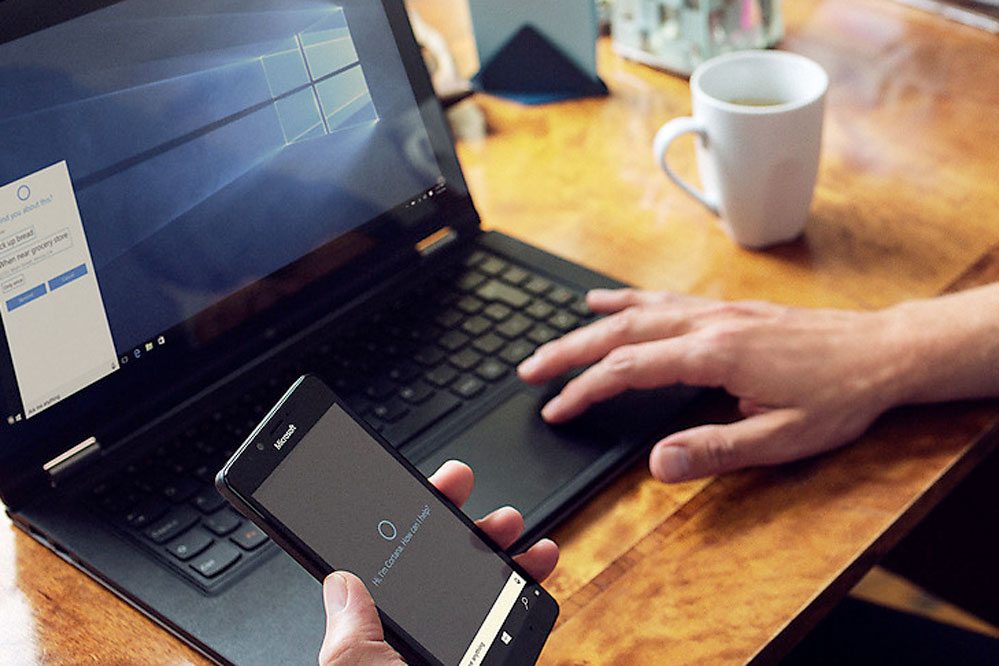Microsoft Bets on Artificial Intelligence to Help It Succeed Again in Travel

Skift Take
Microsoft thinks that voice-powered internet gives it a shot — via voice assistant Cortana — at upending today's travel search funnel, which is dominated by Google's search results. The theory's plausible, but Microsoft needs to move faster to win.
With the exception of helping create Expedia, Microsoft has struggled to figure out travel. But it is hoping that artificial intelligence (AI) will be its route finally to leapfrog ahead of Google and Oracle, playing a larger role as middleman.
The example illustrates the company's current approach to the travel sector. The technology giant appears to be more interested in building "middleware services" that sit between customers and travel companies.
The company has a mixed past record of engaging with consumers on its own. For example, in 2008, it bought an airfare prediction website called Farecast for $115 million and integrated it with its flight search results on its Bing search engine. But that project, along with the MSN Travel mobile app, didn't gain traction with consumers.
The company's focus now is on the new AI and cognitive computing layers that it predicts are going to disrupt travel. By 2018 half of all consumers will interact with cognitive computing, thanks in part to the spread of AI-powered platforms like Amazon's Alexa, Apple's Siri, and — of course — Microsoft's Cortana.
Microsoft says 145 million people use Cortana at least once a month. But that definition of "use" is fairly light, and the voice assistant is not yet ingrained in the habits of consumers enough to be a go-to when it comes to, say, travel search.
Stuart Greif, senior executive, Travel/Hospitality, QSR, and Transportation Industry Solutions at Microsoft, has been out on the industry circuit, sharing the company's predictions about where travel technology is headed. Most recently Greif spoke last week at a conference in San Francisco run by venture capital firm Thayer Ventures, where Skift saw his presentation first-hand.
Greif says, "We're not looking to build the next great travel platform. Our mess

